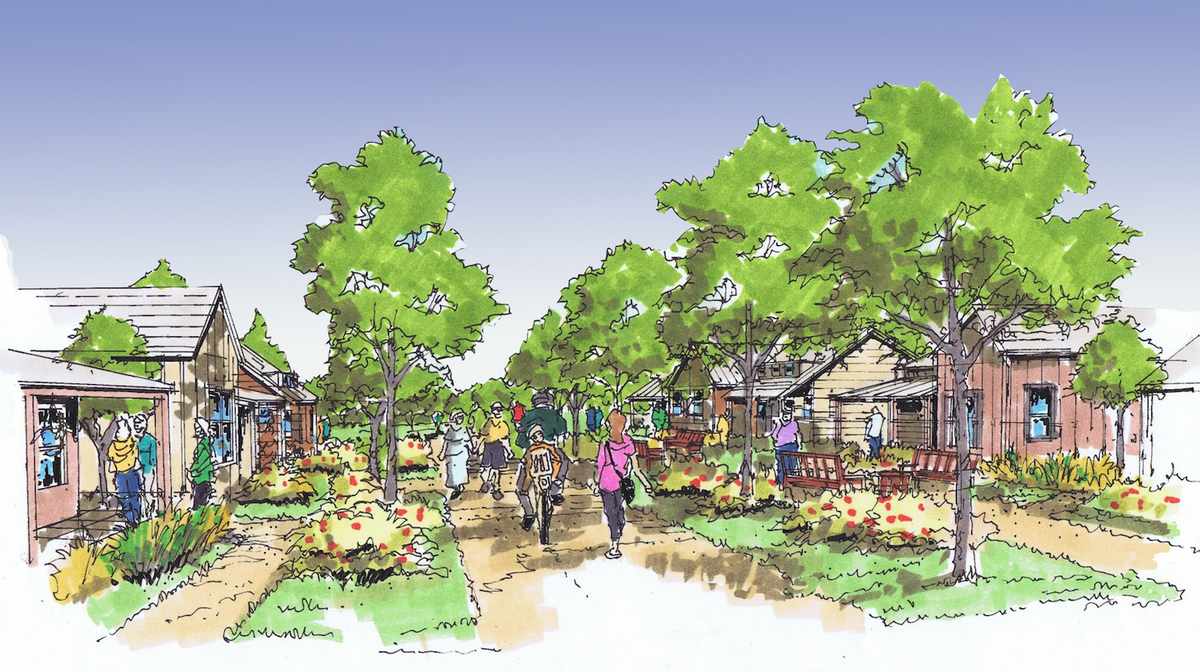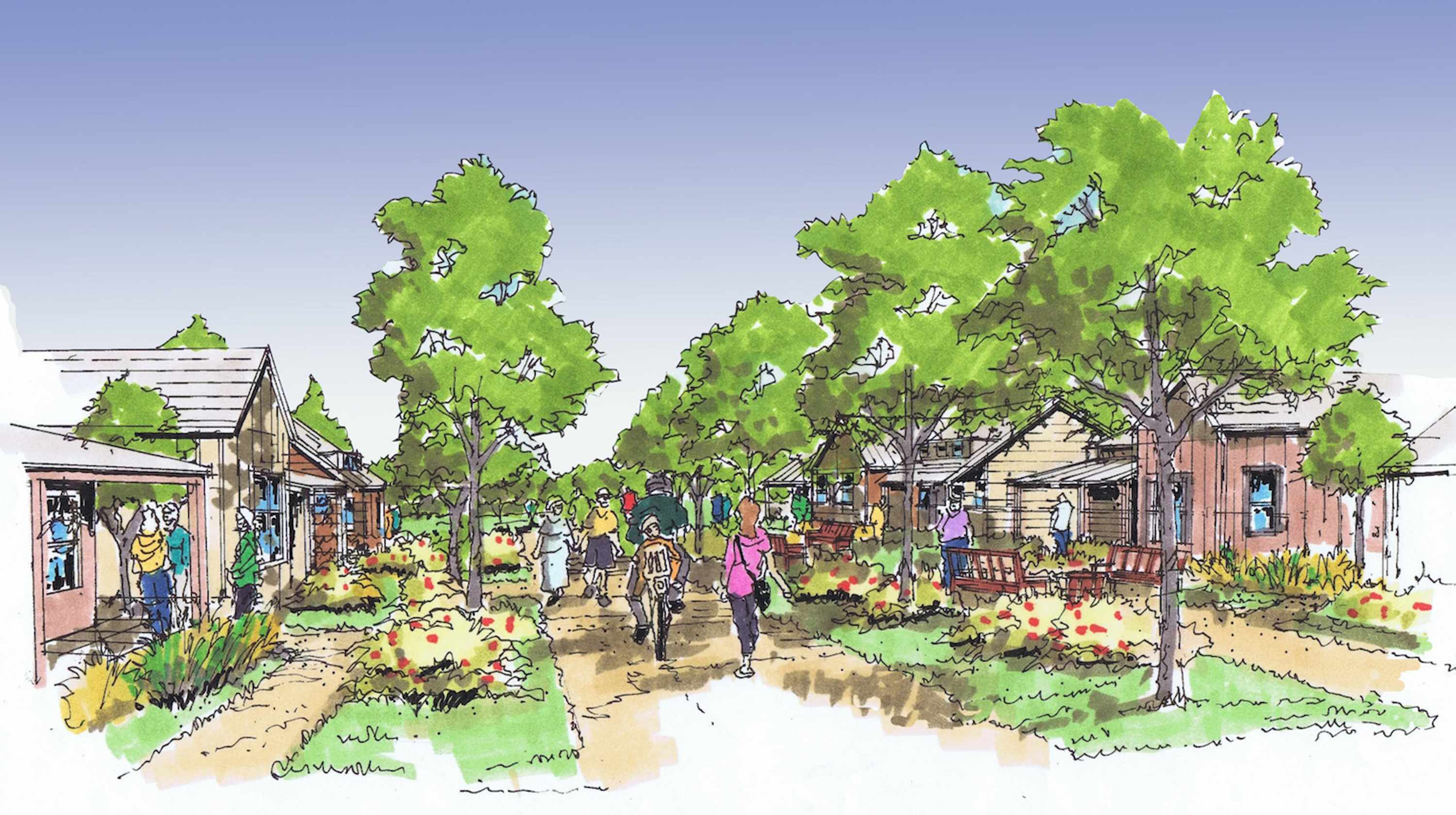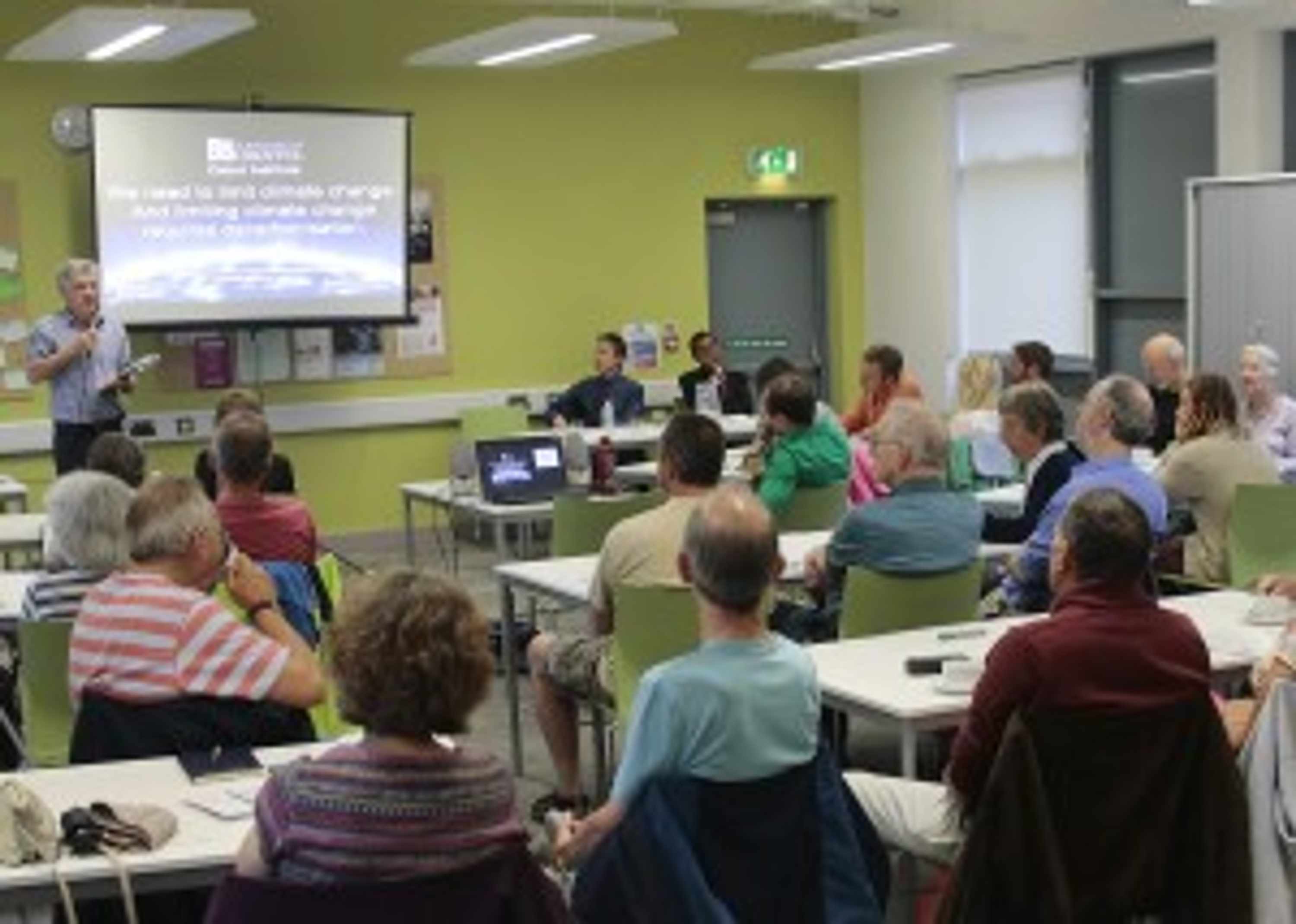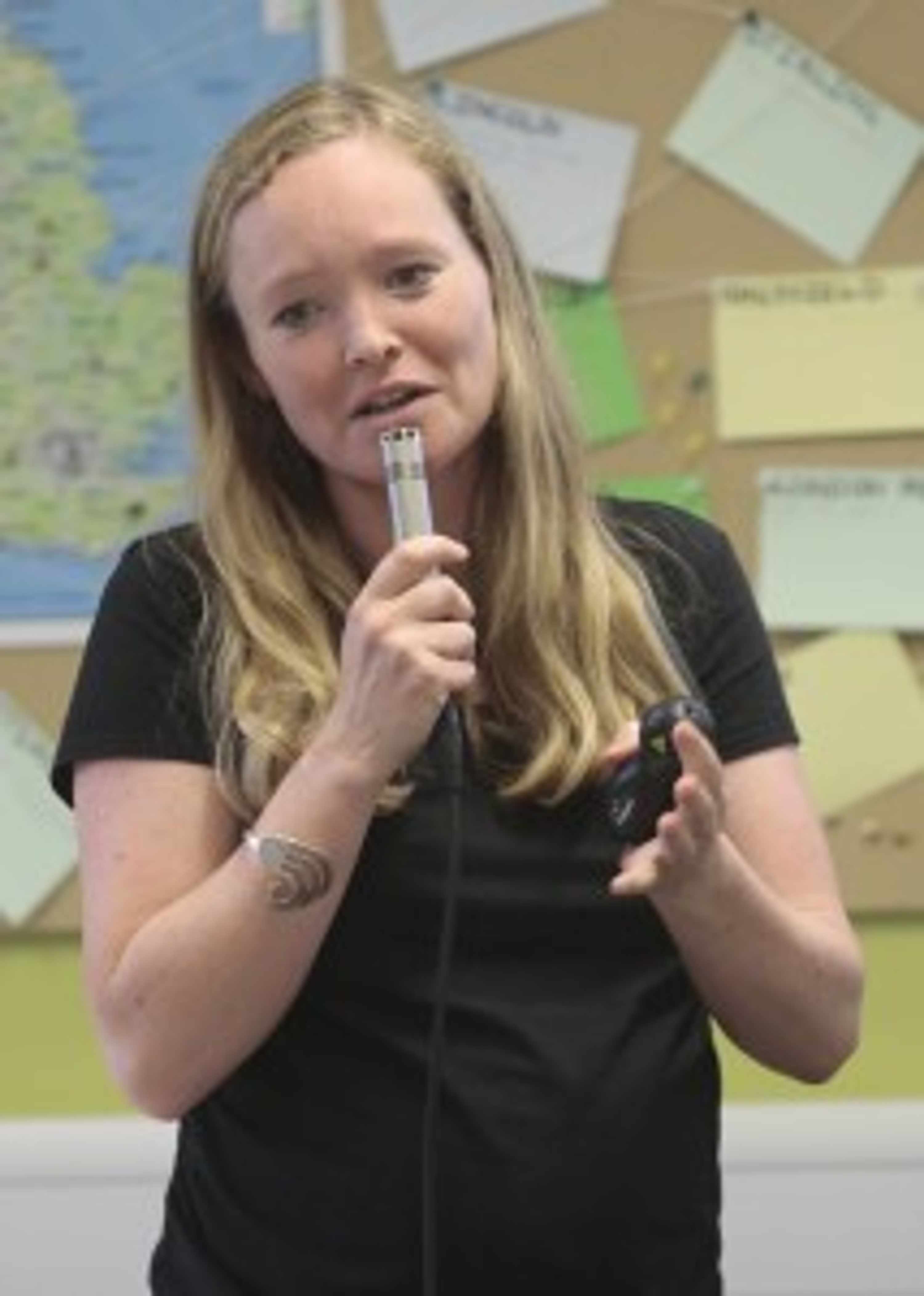Famous for its independent politics - rebel council looks to seize the benefits in the move to energy sources beyond oil and gas
Famous for its independent politics - rebel council looks to seize the benefits in the move to energy sources beyond oil and gas

 Low-carbon neighbourhoods can be very desirable places to live
Low-carbon neighbourhoods can be very desirable places to live
UK's first fossil fuel-free town
On 21st September 2016 Frome Town Council voted unanimously go fossil fuel free. In order to achieve this target. The council hosted events over this summer exploring the opportunities for the town to become one of the largest fossil fuel free communities in the UK.  Frome event ®David-Chedgy
Frome event ®David-Chedgy
Councillor Peter Macfadyen added, “The UK government has already committed to moving away from fossil fuels by 2050. We want to look in further detail at how we can achieve this in Frome.”
Speakers at the event included Professor Richard Pancost Director of the Cabot Institute in Bristol which leads on climate change research, Mark Letcher from Climate Works and Anna Francis from Frome Town Council.
The full discussion document outlining the need to move away from fossil fuels is available here: Fossil Free Frome – discussion document and the second document outlining potential scenarios on how to achieve this is available here: a-clean-healthy-future-for-frome-final-Sept-2016. More on the event - Clean future for Frome.
In order to find out more about how this could work EcoHustler caught up with Anna Francis:
What kind of time scale would this be happening over?  Anna-Francis - ®David-Chedgy
Anna-Francis - ®David-Chedgy
This is a 30 year plan but we would love to reach the target earlier. However, we are just a small town council with limited resources so will need input, support and action from a wide range of stakeholders to achieve this target. Globally the rise in renewable energy is huge and this means for example that solar panel prices and installation costs are reducing. This will make renewable energy much easier and cheaper to install. Global shifts such as the move away from petrol and diesel cars to electric will also make a difference – the UK has committed to do this by 2040.
What technologies is Frome looking at using?
In our second document (‘How We Get There’) Climate Works looked at a range of ways we could achieve this target. The main priority needs to be to reduce energy consumption in the first place. However, to give one example, to cover all of Frome’s electricity needs we would only need 7 to 10 wind turbines. That’s not to say this is what will happen – we need a range of technologies to meet our energy demands and we need to reduce energy consumption and use energy in a smarter way. With Frome Renewable Energy Co-op and others we will be exploring how to do this, for example, looking at how we can enable residents to get cheaper electricity when its being generated locally and renewably. This will also help to reduce demands on the struggling national grid. Looking at ways to promote active travel, car sharing (such as the car club) and installing an array of electric charge points will also help to transition away from petrol and diesel based transport.
How will this benefit Frome residents?
In Somerset 600 people die from fuel poverty every year, helping to ensure homes are well insulated and that renewable energy is cost effective will help to reduce this. In Frome and Somerton the Environment Agency estimates that 720 homes are at risk of flooding. If we don’t act quickly increases in floods and extreme weather events are set to increase even further. Air pollution, caused primarily by petrol and diesel transport, in the UK kills 40,000 a year. In some areas of Frome pollution levels are almost in breach of European safety limits. Enabling the transition towards electric vehicles powered by green energy and promoting and enabling safer cycling routes will help to reduce these impacts.
Would fossil fuels be banned?
Fossil fuels won’t be banned. We will look to reduce demand and as renewable energy becomes more and more cost effective it will become cheaper than fossil fuels which will help to incentivise use. This is not about banning things but making it easier, cheaper and more equitable to heat and power your home so that we can all ensure a clean and healthy future.


